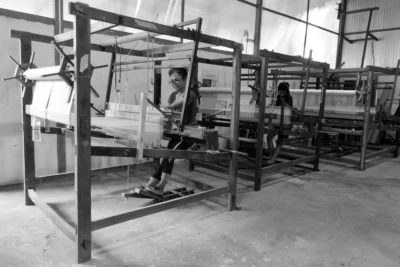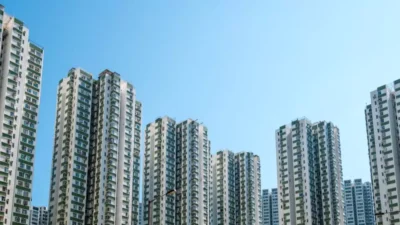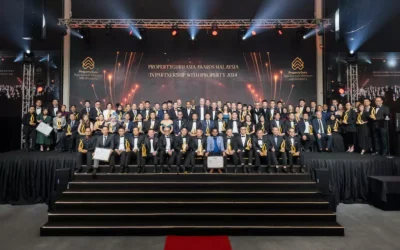Property prices in China’s Tier-1 cities jumps an average of 10.5%
Soaring property prices have triggered authorities to toughen regulations around real estate transactions

As reported on Nikkei Asia, China is cracking down on condominium transactions in hopes to contain speculative and illegal deals, among growing social concerns about surging property prices.
Some of the measures being implemented include the introduction of eligibility rules for property purchases, and the intervention in the secondhand market in big cities to prevent price inflation.
As a result of monetary policy relaxation to cope with the pandemic, the real estate market has been flooded with liquidity. Despite caps on mortgage loans, prices have increased continuously, particularly in major cities.
Prices are especially evident amid secondhand condos, in which prices are influenced by the market.
Tier-1 cities such as Beijing, Shanghai, Guangzhou and Shenzhen saw prices jump by 10.5 percent on average. This figure is from a year earlier, but average annual price rises in pre-COVID times were only under two percent.
Provincial capital-level and lower-tier cities have also encountered speculative moves by the Ministry of Housing and Urban-Rural Development as prices had risen 10 percent or so in those cities.
Municipal governments of Dongguan and Jinhua have worked out reference prices for secondhand condos and urged property brokers to not offer prices beyond this benchmark.
Authorities also put in efforts to prevent attempts to circumvent purchase regulations, some of which include making the process of procuring mortgage loans complicated and difficult.
More: China’s new home prices slowdown as cooling measures take off
Moreover, officials are keeping a close eye on construction that has deviated from blueprints and the skimming of rents and commissions by property brokers.
The government has been encouraged to act on the rising discontent of those priced out of the market. As priority has been given to economic recovery from the pandemic, China quietly eased regulations on property transactions around spring 2020. The country’s economic recovery can be partly accredited to real estate development.
The Property Report editors wrote this article. For more information, email: [email protected].
Recommended
Why Japan’s new interest rates might spark a transformation in Niseko’s property market
A new era for Niseko’s wintry property market dawns with the sunset of Japan’s negative rates regime
China’s property market shows signs of life as new government stimulus kicks in
The country’s property slump has been gruelling, but stimulus measures appear to be breathing life into the market
6 places to see in the island of Phu Quoc
The island’s remarkable transformation has helped make it one of Vietnam’s hottest investment prospects
This duo is revolutionising textiles by blending traditional craft with cutting-edge design
Ausara Surface brings unconventionality and innovation to experimental textile collections







